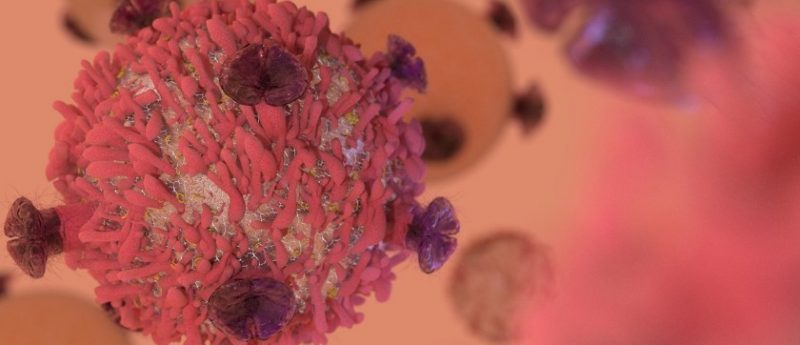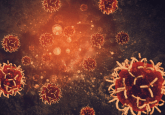Immunotherapy for non-small-cell lung cancer: the past 10 years

Abstract
In the past decade, the approach to patients with metastatic non-small-cell lung cancer has relied on chemotherapy and on targeted agents for molecularly selected subgroups of patients. Recent work has introduced immunotherapy as another area of progress, and likely as a new treatment paradigm in the near future. While the large Phase III studies with cancer vaccination with the current technologies remain at present disappointing, the immunomodulation strategies with immune checkpoint inhibitors have delivered remarkable results in expanded Phase I studies and are now intensively studied in large Phase III studies. This review summarizes the past decade of immunotherapy for non-small-cell lung cancer, gives an updated overview of trials in this field, and the context of future development in this exciting field.
The history of immunotherapy for non-small-cell lung cancer
Lung cancer remains the leading cause of cancer-related death. In total, 85% of these patients have non-small-cell lung cancer (NSCLC).
Local therapies such as surgery or radiotherapy largely contribute to the chances for cure in early and locally advanced stages, and the addition of systemic therapy improves the overall survival (OS) in most patients in both of these groups [1]. For patients with metastatic disease, systemic therapy is the preferred approach, with chemotherapy formerly and still nowadays the most commonly used modality [2]. Targeted agents have brought great progress in selected patients with NSCLC with an oncogene-driver such as EGFR mutation [3] or ALK translocation [4], but only 10–20% of Caucasian patients have these molecular features. Moreover, benefits with these agents could until now not been shown in early or locally advanced stages [5,6].




